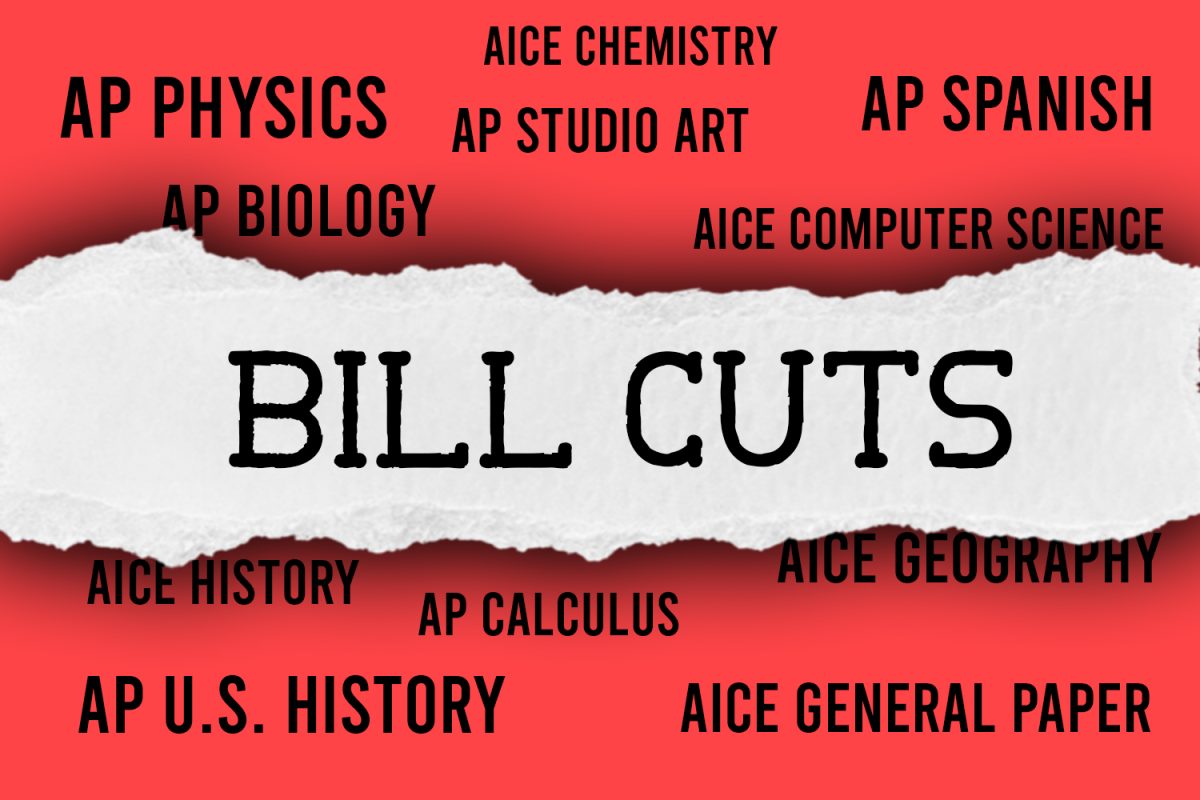When the new year rolls around, oftentimes people love to say “new year, new me.” However, most people would agree it is just a cliche thing to say. During the first few months of the year, teens and adults enjoy building their list of New Year’s resolutions.
From goals such as working out to drinking more water, people try to improve their lifestyles or their looks. Although creating these resolutions may work for some, it is guaranteed by February that people have already forgotten what they hope to accomplish throughout the year.
The idea of New Year’s resolutions have been passed down for thousands of years by the ancient Babylonians. Essentially, the Babylonians made promises to their Gods in which they would pay their debts or return borrowed items. If their resolutions failed, they would fall out of God’s favor. Over time, other religions and emperors followed similar beliefs and found unique ways to celebrate their new beginnings.
Somehow, creating resolutions became a mandatory tradition that must happen at the start of each year for many people. The new year has caused people to put pressure on themselves because they want to find ways to make the upcoming months better than the previous.
It has been proven that the true reason resolutions fail so much is because of ways families go about their goals. Where and how teens and adults display their commitments plays a big part in getting the tasks done. Oftentimes, this doesn’t get thought about, therefore the dreadful reality will start to seem more of a chore instead of an easy accomplishment.
Furthermore, individuals tend to set higher standards for themselves which they already know are not going to work out for them. PPCHS junior Mariana Rios believes that “people set resolutions so that they have something to pretend to look forward to.” Having this mindset leads people to putting no thought into the promises they are making for themselves, causing them to feel unprepared.
New Year’s resolutions are not relevant anymore, since many worry too much about other factors in their lives that they simply don’t have time for themselves. Similarly, Rios agrees that what makes resolutions ineffective [is] the fact that people don’t take accountability for themselves.”
Even though New Year’s resolutions can be beneficial to a certain degree, if people just start out with no expectations, then they won’t be so overwhelmed and could possibly accomplish more than they anticipated. After all, a list full of assumptions will never get checked off unless you put in the proper dedication and effort.








